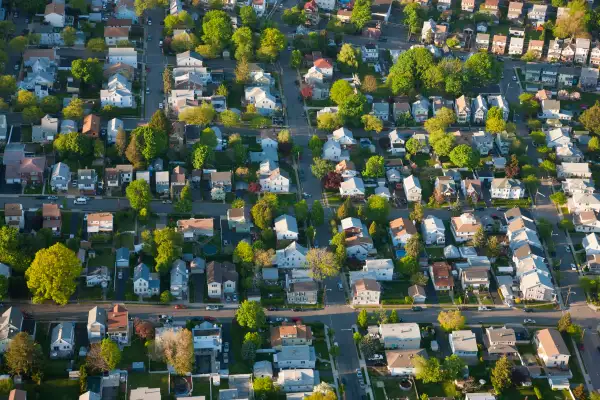Here's How Many American Households Now Have a Net Worth of $0 – Or Less

A new report on inequality in the U.S. shows the extreme pace at which wealth is concentrating among the richest of the rich — and how a growing number of households are in so much debt their net worth is in the negatives.
The Institute for Policy Studies, a progressive think tank, finds that the wealth owned by the three men atop the Forbes 400 list — Bill Gates, Jeff Bezos, and Warren Buffett — now equals the wealth owned by the bottom half of the U.S. population, representing 160 million people or 63 million households.
Widening the gap is the number of households with negative wealth; about 19 percent of the population, or nearly one out of every five U.S. households, is now "underwater," the report says. These households either have zero savings, or they owe more than they own. While some may argue that this population includes people with high incomes and high debt loads, the authors state that less than 2 percent of individuals in the bottom-1 percent of the wealth distribution have household incomes greater than $150,000.
The report's authors used the Federal Reserve’s 2016 Survey of Consumer Finances, and the study shows racial minorities have an especially high likelihood of being underwater. While 30 percent of black households and 27 percent of Latino households have net worths of $0 or less, just 14 percent of white households do.
Meanwhile, America's richest individuals keep getting richer. Gates, Bezos, and Buffett currently count $264 billion in assets between them. The wealth owned by the entirety of the Forbes 400 list is equal to wealth owned by the bottom 64 percent of America, representing 80 million households or 204 million people, the report finds. It's also equivalent to the entire GDP of Great Britain.
The report's authors argue that these figures likely underestimate current levels of wealth concentration in America, given the increasing use of offshore tax havens and legal trusts used to conceal assets. Research from Berkeley economist Gabriel Zucman and others has estimated that households in the top 0.01 percent, with wealth over $45 million, evade 25 to 30 percent of personal income and wealth taxes.
"Our findings show a deeply unbalanced economy," the report's authors write. "The lion’s share of the nation’s wealth remains in a tiny number of hands. No natural phenomena, we need to keep in mind, created this situation. Our current economic imbalances reflect instead unfair economic policies that benefit those at the top at the expense of those at the bottom."
As an example, they cite preferential tax treatment given to capital income compared with wage income.
"Super-investor Warren Buffett has disclosed that he pays an effective tax rate of about 14 percent," they write. "His secretary pays an effective rate over 27 percent. Most of Buffett’s income comes from capital gains. His secretary’s income comes from wages."